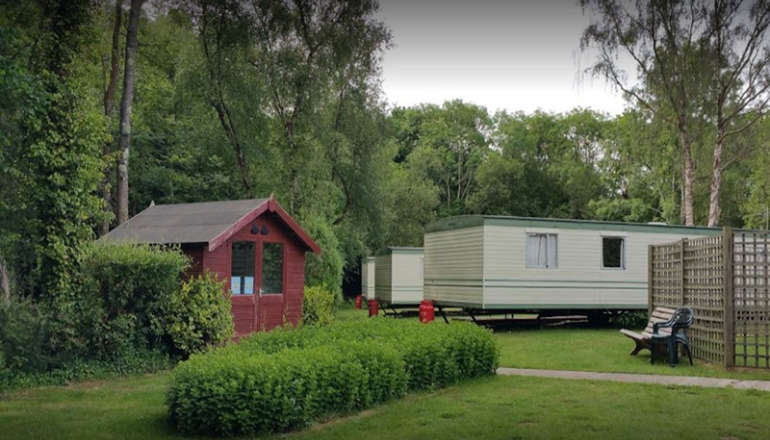
To use an Isle of Wight caravan park all year round would be illegal, the Isle of Wight Council has ruled.
It is after owners of the Silverglades Caravan Park in Cranmore tried to argue it could continue to use the site 365 days a year — despite a condition which prevents it from doing so.
The land, in the West Wight, is only authorised for use as a caravan and camping site from March 1 to October 31.
The owners, however, say it has been used all year-round since 1999.
No action has ever been taken against the alleged breach and now the Isle of Wight Council has said there is not enough “precise and unambiguous” evidence to confirm the site has been used all year round.
The authority has refused the caravan park a Lawful Development Certificate — which would have meant the owners could avoid enforcement action and could use the site year round.
In doing so, it means using the caravan park outside of the summer months is, and would be, unlawful.
The decision can be appealed to the Planning Inspectorate, if the caravan park owners would like to.
The council said in a planning report setting out the reasons for refusal, no information had been provided “to attempt to demonstrate” that the caravans had been occupied during the closed period.
It said the applicant’s interpretation of the condition — to physically keep the caravans and other infrastructure onsite between March and October — was “incorrect” and “lacks common sense”.
The authority said such a condition would have been “unreasonable and impractical”.
The council said if the applicant’s arguments were correct, then there was “no doubt” the caravans could be used for residential purposes because planning permission, granted in 1975, did not include conditions to restrict their use to tourism.
Permission was first granted for a caravan park on Solent Road in 1959, and included then the stipulation it could only be used from March to October.
Through a series of planning applications, the site has been extended and altered to what it is today.
Silverglades was taken over by new owners in 2021 and made headlines in the same year when mature oak trees were felled in an Area of Outstanding Natural Beauty without permission.


 More Than 70 Driving Offences Dealt With Over Two Days On Isle Of Wight Roads
More Than 70 Driving Offences Dealt With Over Two Days On Isle Of Wight Roads
 Wightlink Technical Problems Lead To Cancellation Of All Fishbourne-Portsmouth Crossings
Wightlink Technical Problems Lead To Cancellation Of All Fishbourne-Portsmouth Crossings
 Contentious Plans For New 7,245 Square Metre Commercial Park Appealed
Contentious Plans For New 7,245 Square Metre Commercial Park Appealed
 Wightlink Crossings Cancelled Due To Engine Issues
Wightlink Crossings Cancelled Due To Engine Issues
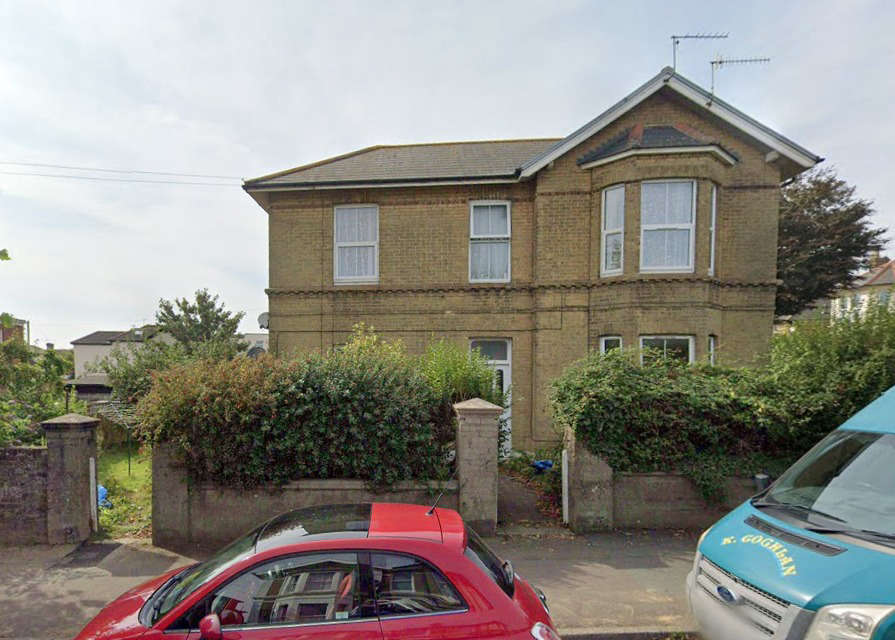 Four New Flats Could Be Built On Island Town's Leafy Residential Road
Four New Flats Could Be Built On Island Town's Leafy Residential Road
 AI Intelligence Reducing Waiting List For Cataract Surgeries On Isle Of Wight
AI Intelligence Reducing Waiting List For Cataract Surgeries On Isle Of Wight
 National Lottery Heritage Fund Awards Blackwater's Naturezones £72,400
National Lottery Heritage Fund Awards Blackwater's Naturezones £72,400
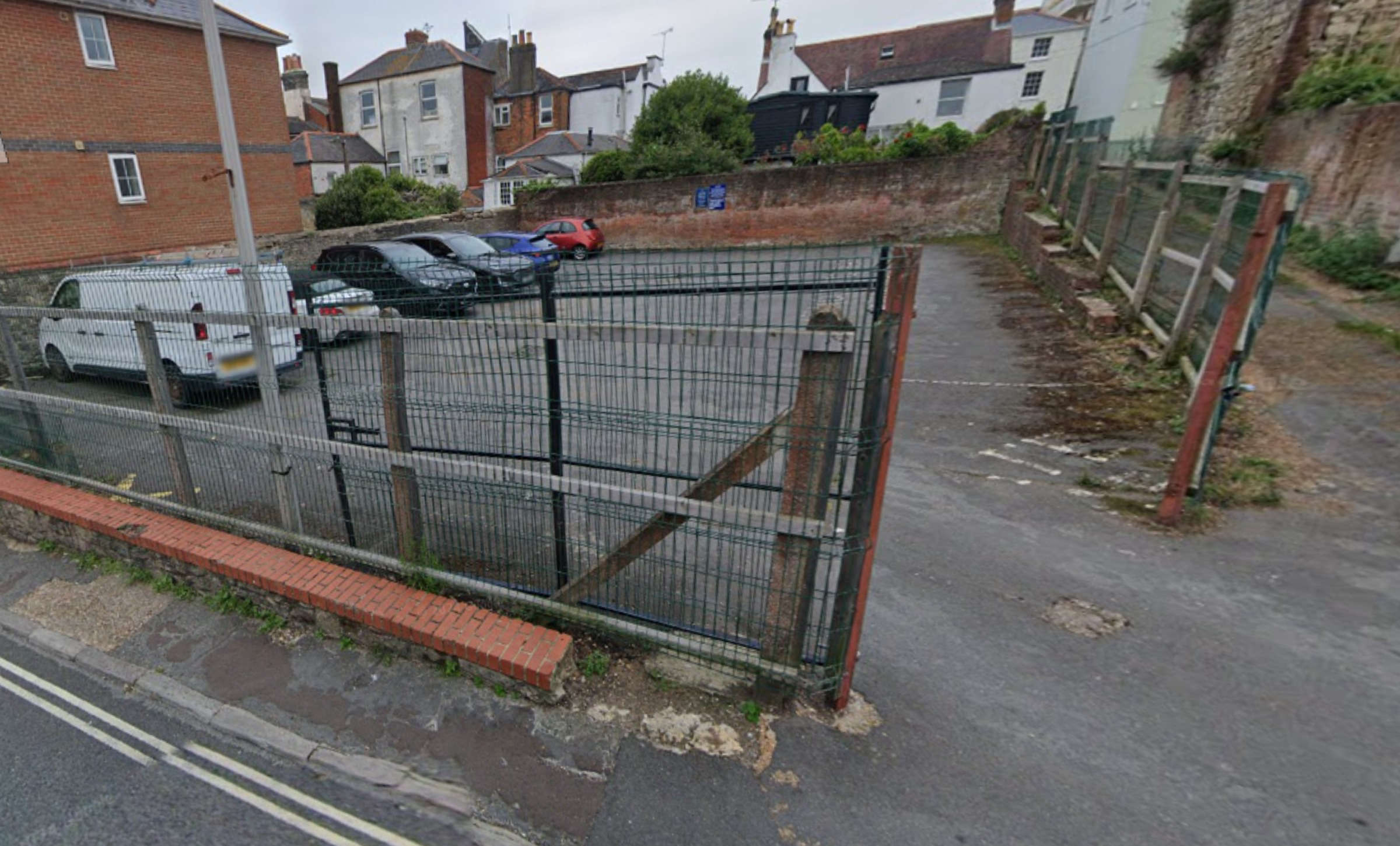 Eight New Electric Vehicle Charging Bays To Be Built In Ryde
Eight New Electric Vehicle Charging Bays To Be Built In Ryde
 Councillors And Residents Accuse Developer Of Breaching Planning Condition
Councillors And Residents Accuse Developer Of Breaching Planning Condition
 Emergency Crews Called To Blackgang To Tackle Fire In Open
Emergency Crews Called To Blackgang To Tackle Fire In Open
 Island MP Joe Robertson Slams Government Consultation “An Insult To Islanders”
Island MP Joe Robertson Slams Government Consultation “An Insult To Islanders”
 Contentious Plans For New 7,245 Square Metre Commercial Park Appealed
Contentious Plans For New 7,245 Square Metre Commercial Park Appealed
 Island Parish Council With "Dreadful Reputation" Descends Into Shouting Match Over Clerk Resignation
Island Parish Council With "Dreadful Reputation" Descends Into Shouting Match Over Clerk Resignation
 Emergency Services In Rescue Of Casualty In Water Near Ryde Pier
Emergency Services In Rescue Of Casualty In Water Near Ryde Pier
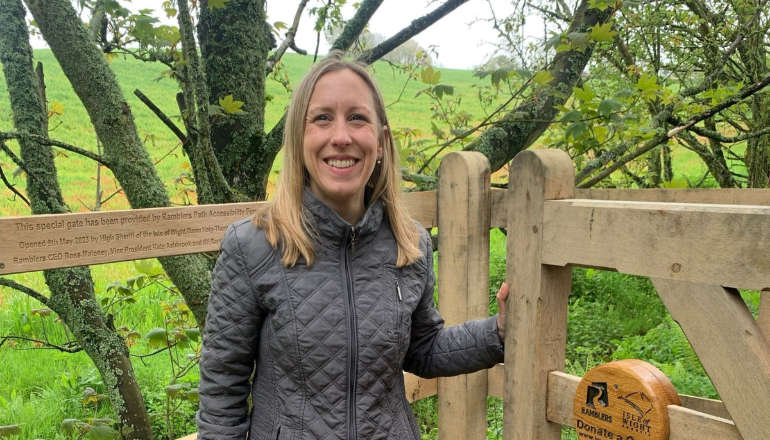 Motion 'To Gain Full Backing' For Isle Of Wight Farmers Tabled By Chale, Niton And Shorwell Councillor
Motion 'To Gain Full Backing' For Isle Of Wight Farmers Tabled By Chale, Niton And Shorwell Councillor
 Sale Of Former Yarmouth CE Primary School Site Moves Step Closer
Sale Of Former Yarmouth CE Primary School Site Moves Step Closer
 Cowes Supermarket To Have 272 Rooftop Solar Panels Installed
Cowes Supermarket To Have 272 Rooftop Solar Panels Installed
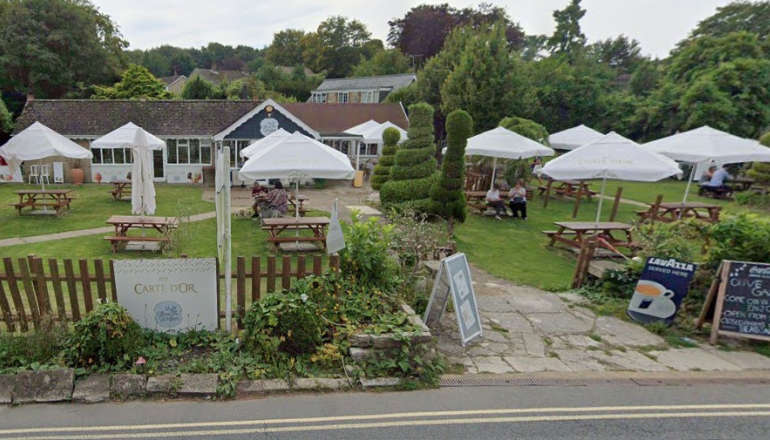 Bid Made To Convert And Replace Island Village Tea Rooms
Bid Made To Convert And Replace Island Village Tea Rooms
 Cowes RNLI Lifeboat Assists In Catamaran Rescue
Cowes RNLI Lifeboat Assists In Catamaran Rescue
 Crash Causes Structural Damage To Sandown Community Building
Crash Causes Structural Damage To Sandown Community Building


